How to use l2tp vpn on android.
First Step
Select the menu open network and internet settings on your android
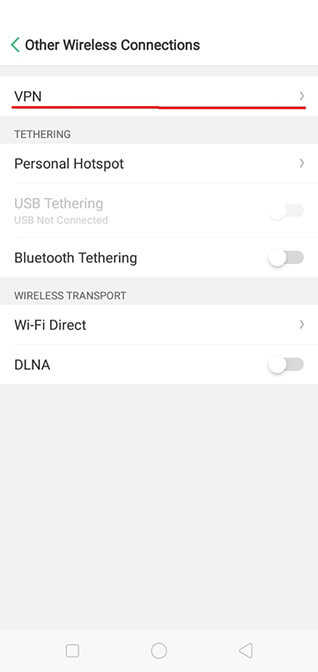
Second Step
Select the VPN menu. In accordance with the picture below
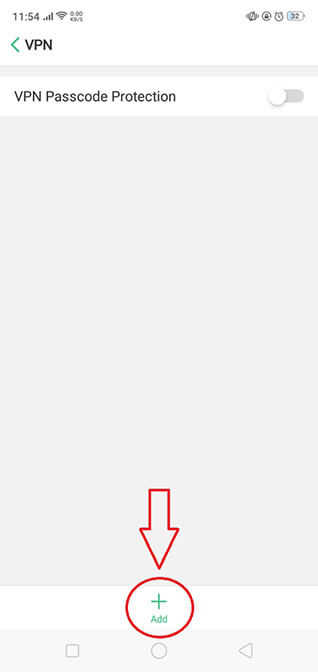
Third step
fill in the name field with listvpn server and server address with hostname or server ip. Then select the vpn type
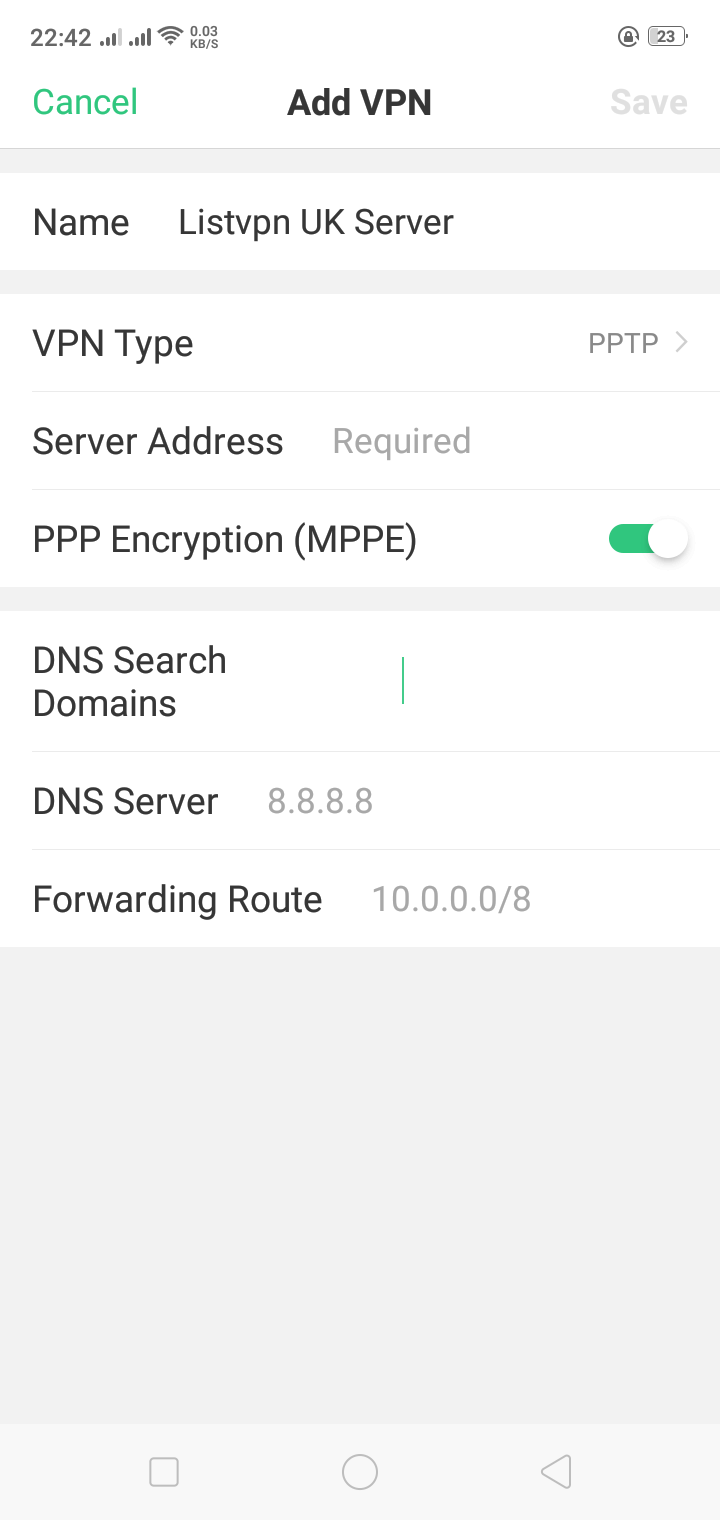
Fourth step
Choose the type of vpn to l2tp/ipsec PSK
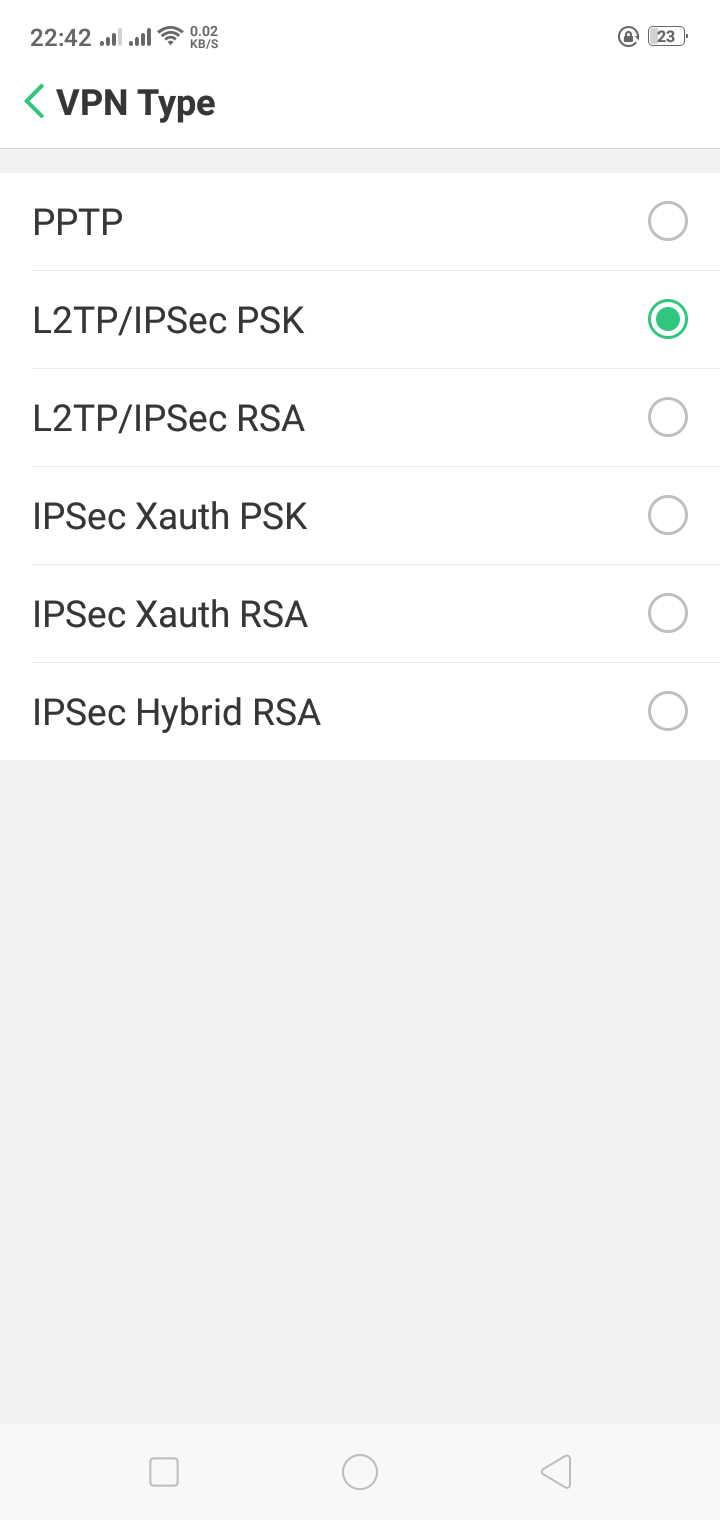
Fifth step
Make sure all fields are filled in completely as shown in the image below. and write in the column ipsec pre-shared key listvpn. Then click save
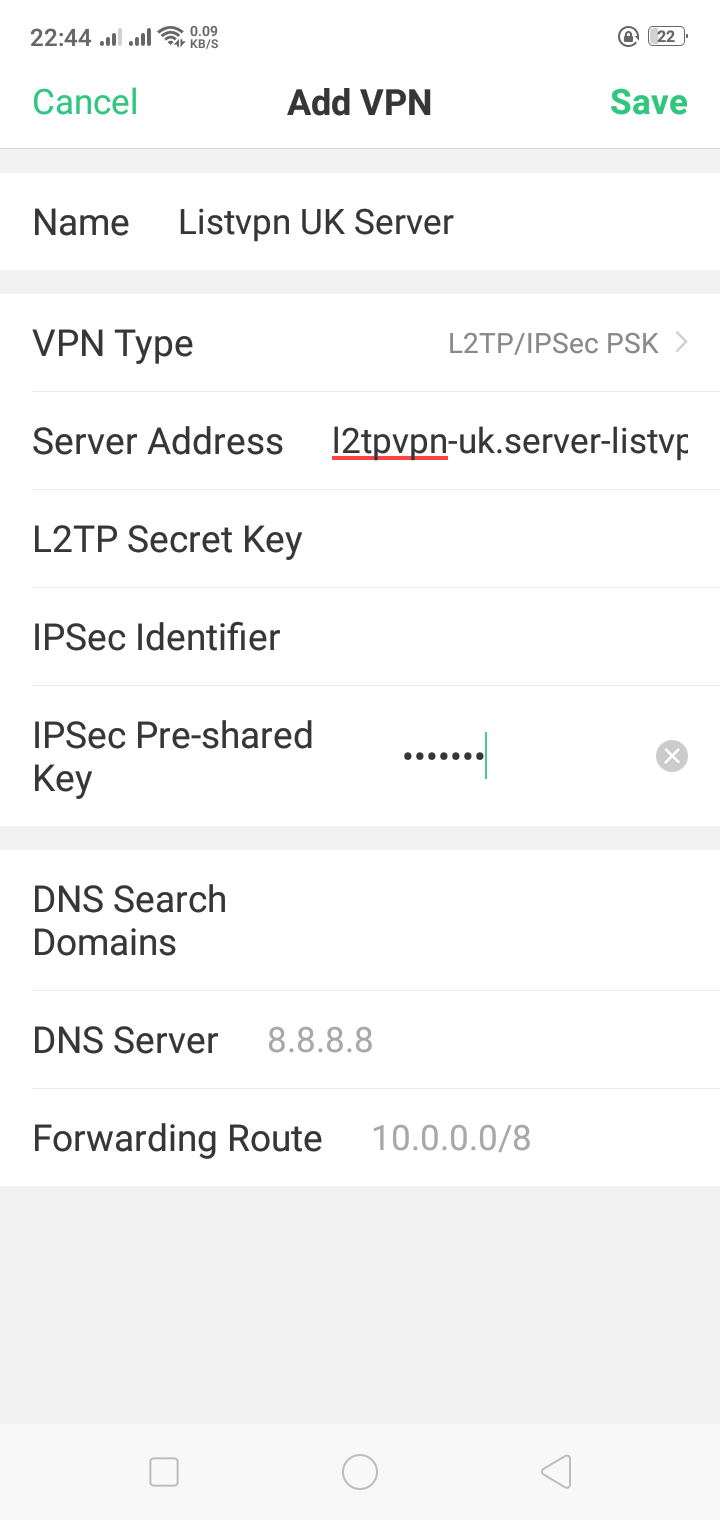
Sixth step
Make sure the vpn protocol name is as shown below, namely l2tp/ipsec vpn with pre-shared key. Thenk click
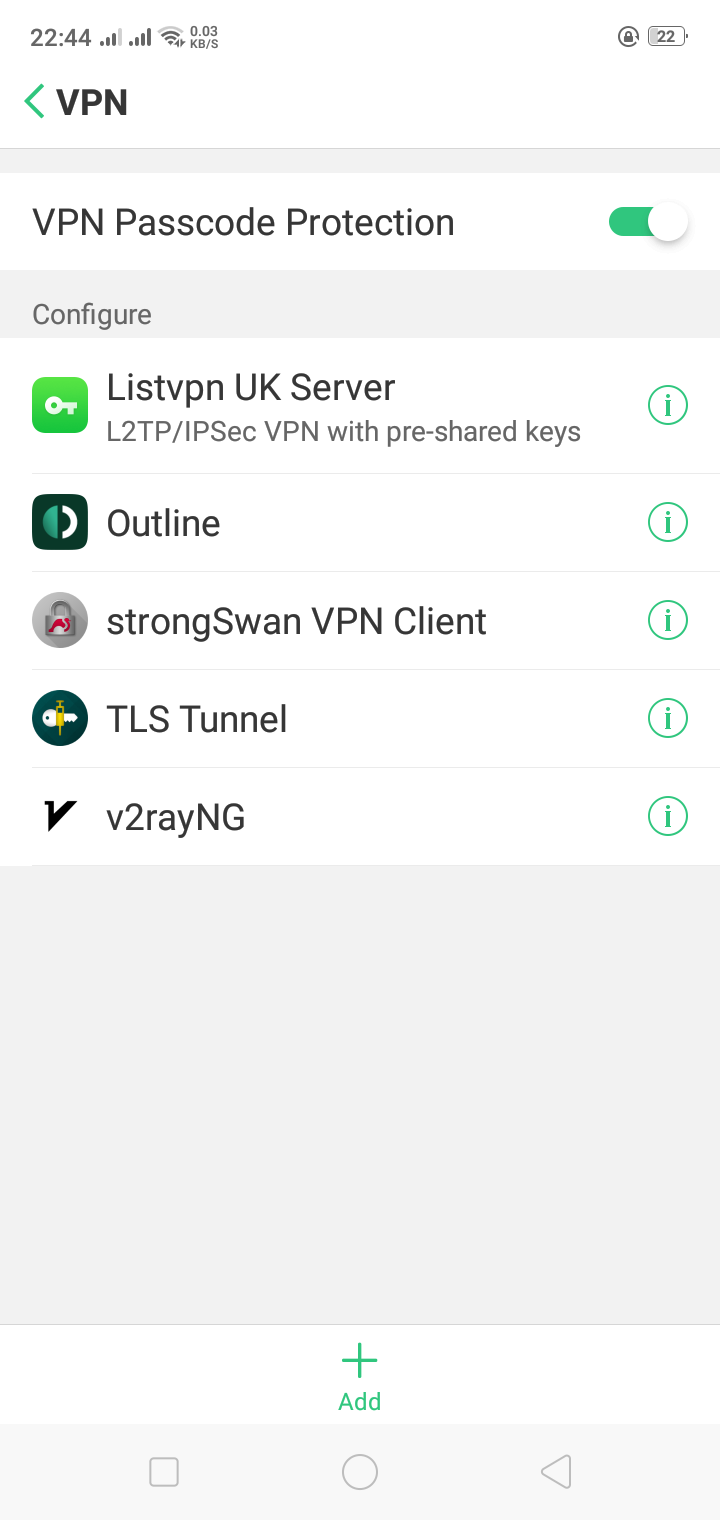
Seventh step
Write down the username and password that you got. Then click connect
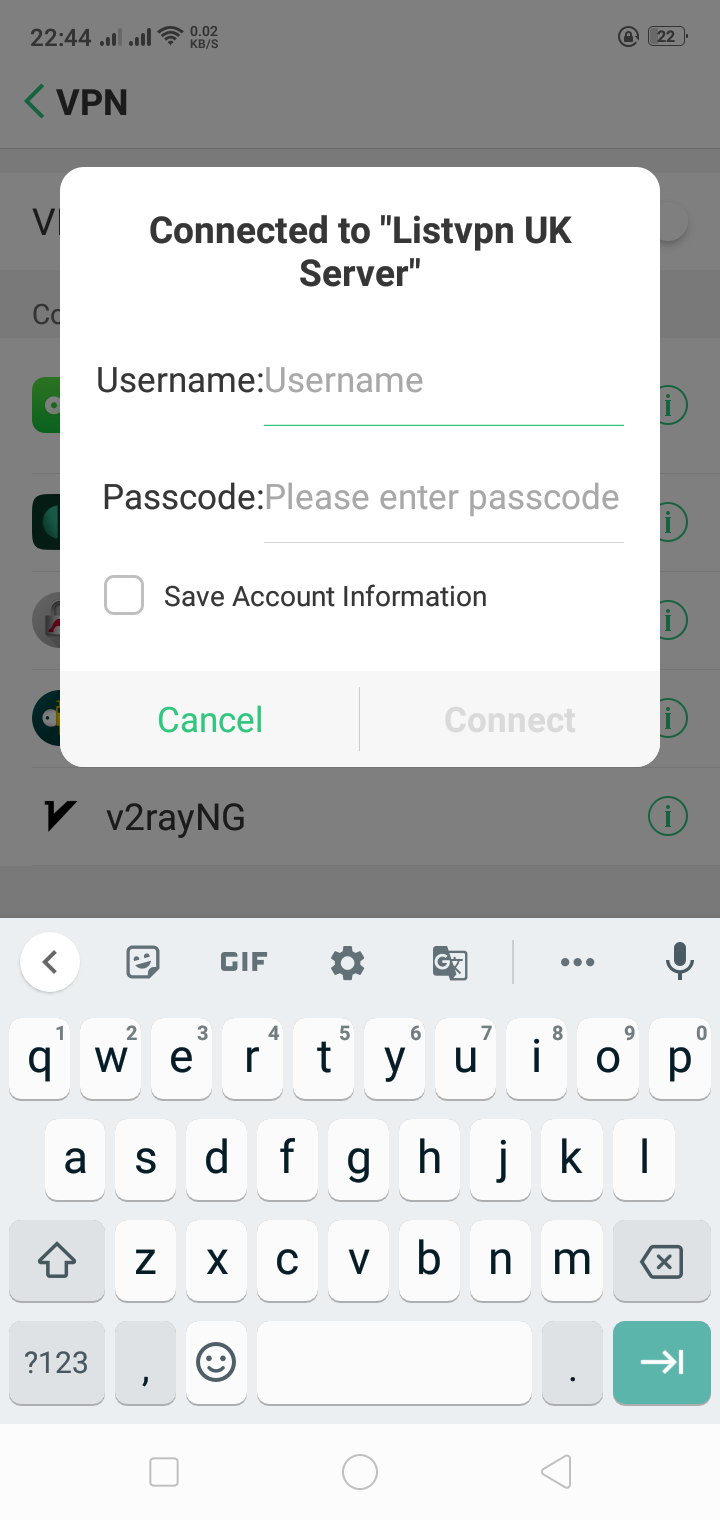
How vpn works ?
In a simple VPN (virtual private network) in the user perspective can be interpreted services that can provide security and privacy that cannot be seen (anonymously) by outside parties when you are connected to the internet by connecting through what is called a VPN server.
Benefit of using vpn ?
VPN or Virtual Private Network is a connection from one network to another network that is connected privately via the internet. Called a Virtual Network, because this network system uses the internet as a direct link. Meanwhile, for the Private Network it is privacy.
Tips for choosing VPN server ?
Some VPN providers (paid VPN and free VPN) provide high VPN server specifications and configurations. For example, the VPN provider provides a VPN server with a speed of 55mbps. It will not be useful and you will not be able to feel the speed of the VPN server if your internet connection speed is only 10mbps.

